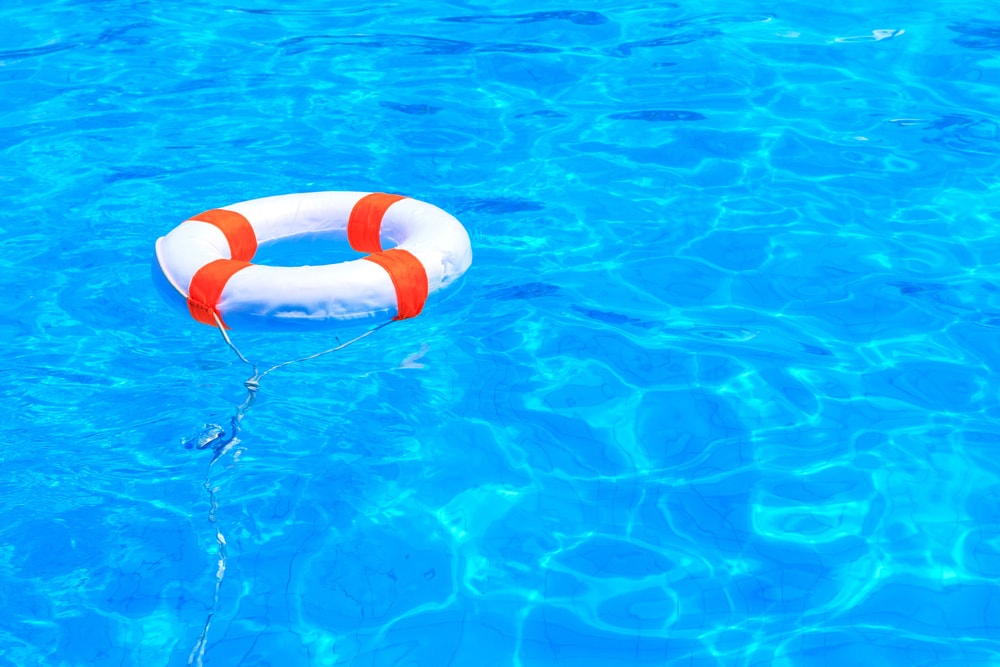Drowning is a tragic accident, especially when it involves children. If a child drowns on your property, in a swimming pool or other body of water, one of the first questions is “who is responsible?” While drowning is almost always a freak accident, there are situations in which the child’s drowning could (and should) have been prevented. In these cases of negligence, the law holds the guilty party responsible.
In this post, we’ll discuss what you need to know about liability surrounding drowning and how to protect your children and the children of others.
Drowning Deaths in Natural Bodies of Water
Generally speaking, drowning deaths that take place in natural bodies of water aren’t subject to claims of negligence. Exceptions may be made, however, in cases where the intended use of the water is recreational. Examples include public or private swimming beaches that have lifeguards on duty. If a child drowns while a lifeguard is on duty, the parent could claim that the owner of the beach, as well as the municipality operating it, were negligent.
Bodies of water not meant for recreation, such as ponds or water hazards on golf courses, should have “no swimming” signs posted around the perimeter. As a general rule, the owner of private property that contains natural bodies of water not designated as swimming facilities are not considered liable for the dangerous conditions those bodies of water pose.
As always, there are gray areas here. Depending on the circumstances of the drowning, it’s always possible that a family could make a liability claim. The best avenue of recourse if you think you have a wrongful death claim on your hands is to contact a personal injury attorney to learn more about your rights.
Man-Made Bodies of Water
Pools, hot tubs, and other man-made bodies of water involve a great deal of liability for their owners. If you live in Florida and own property with a pool built after October 2000, the law requires you to adhere to the “Residential Swimming Pool Safety Act.” Under this Act, residential pools must have…
-
An approved pool cover
-
A safety barrier that surrounds the pool completely
-
An exit alarm connected to all doors and windows providing direct access from the home to the pool
-
A swimming pool alarm that detects accidental entrance into the water
-
And more . . .
Beyond those specific requirements, pool and hot tub owners are required to keep the area around their pools reasonably safe and take steps to restrict access to the area in an attempt to prevent accidents.
When it Becomes Negligence
Even if all the above precautions are taken, a pool owner may still be held liable for negligence in the event an alarm stops functioning or a gate is left open. A person can also be considered responsible if they fail to meet all the requirements of the Act. According to section 515.27 of the Residential Swimming Pool Safety Act:
A person who fails to equip a new residential swimming pool with at least one pool safety feature as required in subsection (1) commits a misdemeanor of the second degree, punishable as provided in s. 775.082 or s. 775.083. Except that no penalty shall be imposed if the person, within 45 days after arrest or issuance of a summons or a notice to appear, has equipped the pool with at least one safety feature as required in subsection (1) and has attended a drowning prevention education program established by s. 515.31. However, the requirement of attending a drowning prevention education program is waived if such a program is not offered within 45 days after issuance of the citation.
To ensure you’re doing everything in your power to stop drownings on your property, consult the list of pool safety tips at Poolsafely.gov – our preferred resource on the topic.
Swimming Pool Negligence and Liability is Not Clear-Cut
As you can see, the issue of negligence in swimming pool drowning and personal injury is far from clear-cut. Losing anyone – especially a child – in a drowning accident is horrific, and it begs the question of who is liable. While we all want to take precautions to prevent pool drowning and entrapment. Accidents do happen, and understanding liability is crucial.
If you believe you have a wrongful death or personal injury claim on your hands, contact the team here at Ward & Barnes. Our team of experienced personal injury lawyers will go above and beyond to help you understand your rights and get the settlement you deserve.

